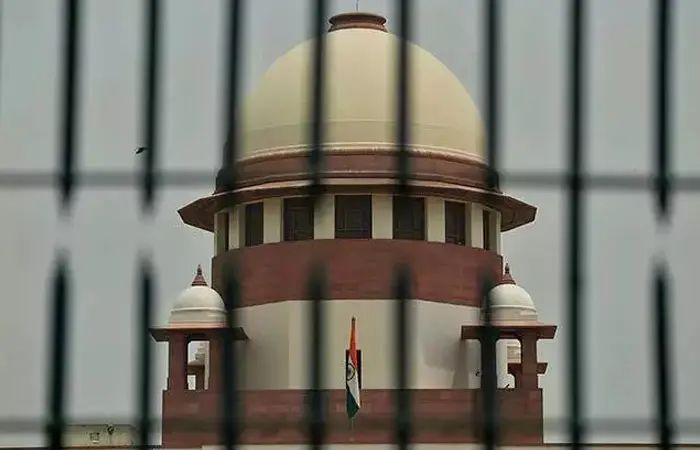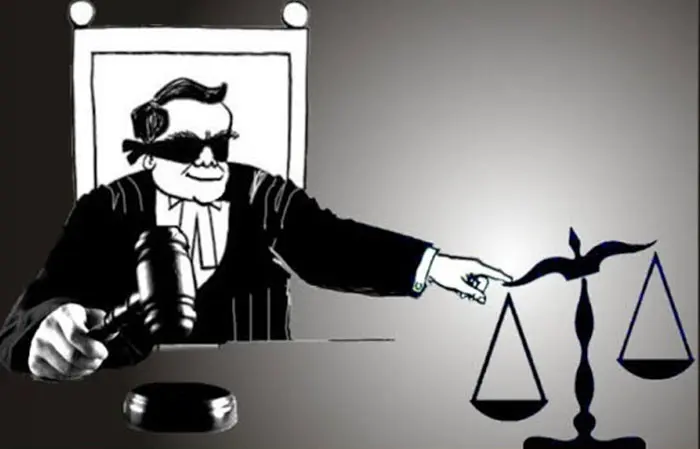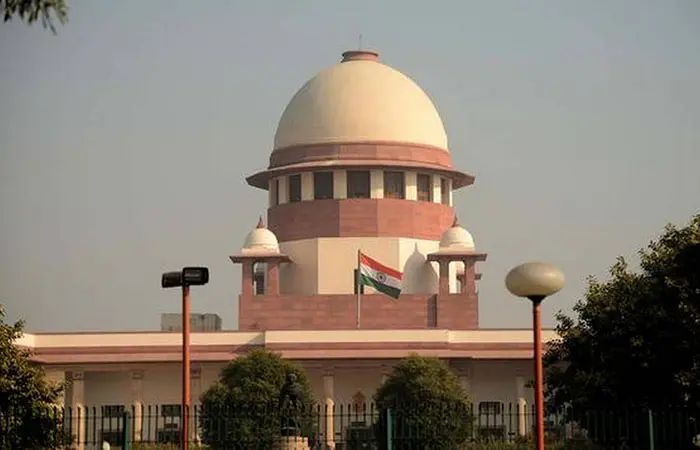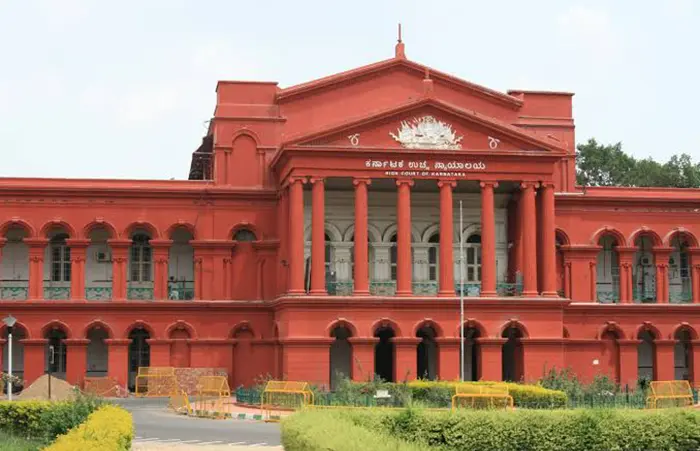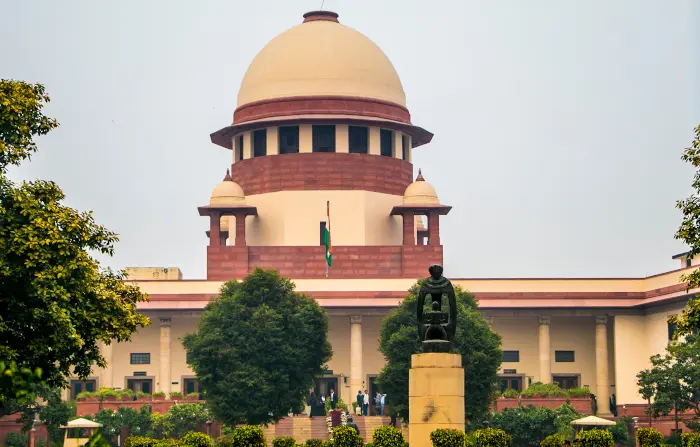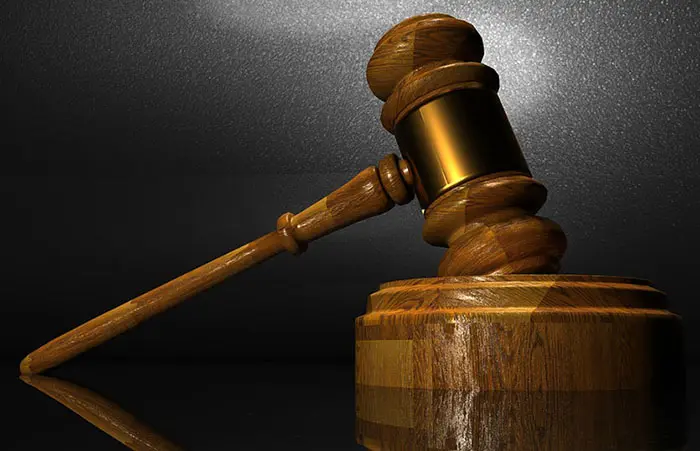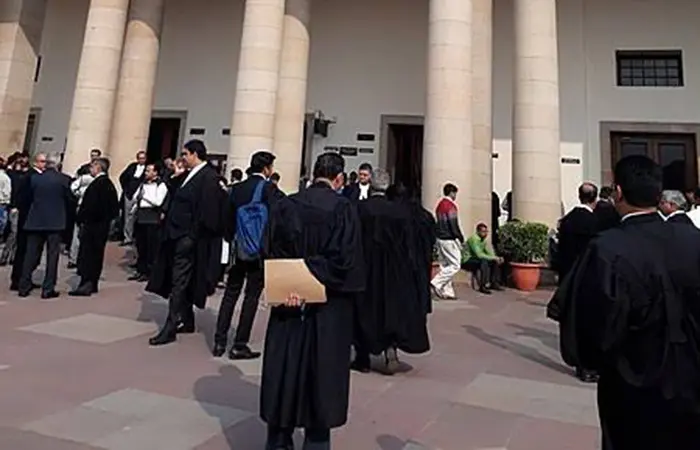The technological paradigm has given rise to the concept of Artificial Intelligence (AI) This paper deals with the scope of Artificial Intelligence in the field of law in the 21st century and also sheds light upon how the growing advancements in technology is assisting professionals in their legal fields.

REFERENCES TO DAKSH
Guwahati: If Jabeda Begum ever looked towards the horizon, she would see the lush, rolling hills of neighbouring Bhutan. But she was in hiding when we spoke over the phone and too worried and fearful about her future to bother about the view.
DURING THE SUPREME Court’s hearing via videoconferencing on April 13, Justice D.Y. Chandrachud engaged with lawyers on its viability.
203 out of the 593 cases were connected cases, that is, cases involving the same issue which were heard along with the main case.
NEW DELHI: The coronavirus threat has forced Indian courts to embrace greater digitisation and use of technology to reduce the need for physical interface between litigants, lawyers and judges, but it will take years for the courts to transition to the next level use of Artificial Intelligence (AI) as envisaged by Chief Justice of India SA Bobde, said civil society organisation Daksh.
In times of adversity, the judiciary has adopted long-pending technological solutions. They shouldn’t be abandoned after the pandemic has passed.
New Delhi: The Supreme Court on Monday directed all district courts in the country to switch to video proceedings and authorised presiding officers to adjourn the proceedings if measures to control crowding in court rooms fail.
In the light of the pandemic-induced lockdown, the Supreme Court recently announced hearings would now take place in urgent matters through video conferencing.
Karnataka's justice delivery system ranks sixth in overall justice delivery among 18 large and mid-sized states in India that house more than three crore population.
Karnataka ranked sixth in the country’s first-ever ranking on justice delivery, “India Justice Report 2019” supported by Tata Trusts.
The data shows that of the more than 28,000 trials completed in India’s fast-track courts in 2018, only 22% took less than a year to complete. This is the lowest among all kinds of courts for which the data is given.
The problem of a massive backlog in the judiciary is not new. But courts in India present a stark picture of what happens when the judicial system fails to keep pace with time: there now exists an unprecedented pile-up of over 30 million cases across courts in the country.

-
Rule of Law ProjectRule of Law Project
-
Access to Justice SurveyAccess to Justice Survey
-
BlogBlog
-
Contact UsContact Us
-
Statistics and ReportsStatistics and Reports
© 2021 DAKSH India. All rights reserved
Powered by Oy Media Solutions
Designed by GGWP Design

